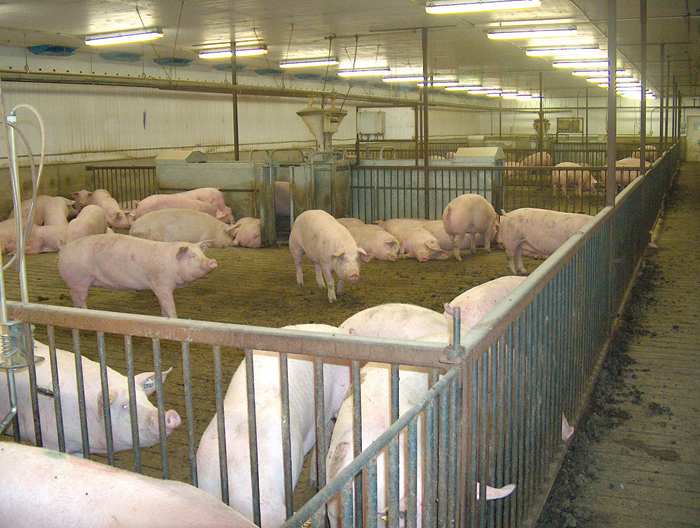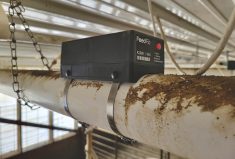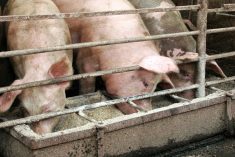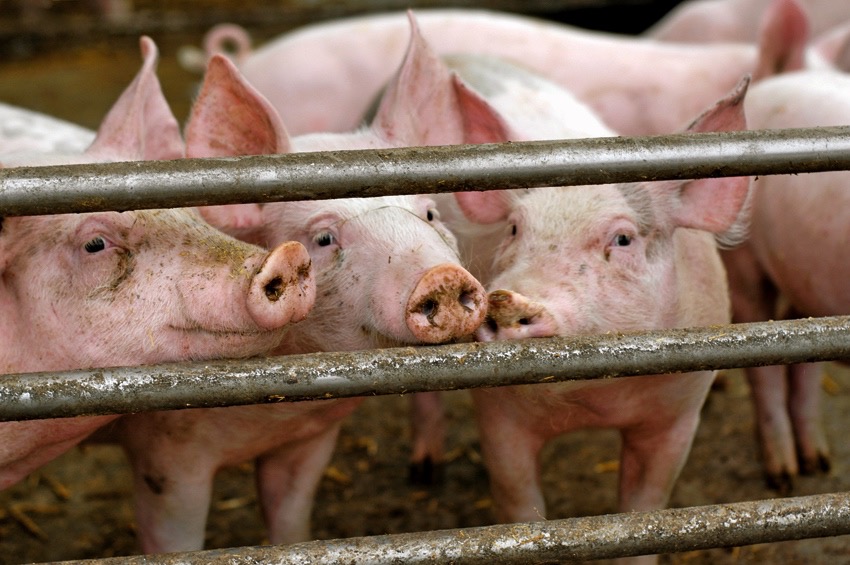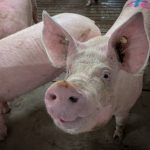The number of new cases of porcine epidemic diarrhea is falling, but it’s too soon to say if the corner has been turned, says Alberta veterinarian Egan Brockhoff.
“One of the key things for all of us as we move into the summer will be what happens in the U.S. this fall,” the owner of Prairie Swine Health Services said during a “telephone town hall” on June 26.
“As we move into corn and bean harvest in the U.S. Midwest and people are focused back on their field and maybe not as focused on their pig barns, will we see the virus spread more rapidly again? Will we see an increase in the number of positives?”
Read Also
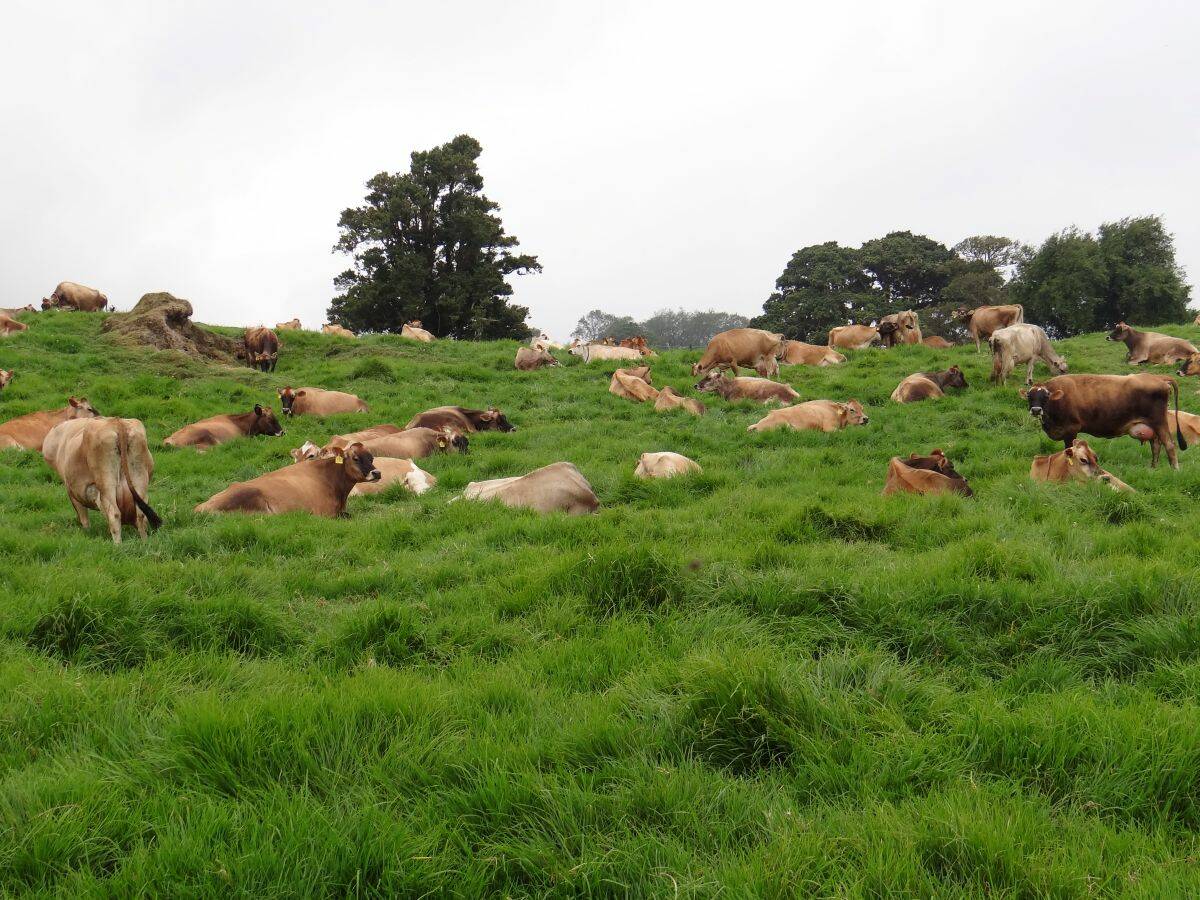
Is inflammation the real cause of milk fever in cattle?
UAlberta researcher Burim Ametaj’s theory challenges 200 hundred years of science and his work may change the approach for treatment.
- More from the Alberta Farmer Express: Don’t take a chance on porcine plasma
The United States Department of Agriculture has made porcine epidemic diarrhea (PED) a reportable virus, but experts do not know if all cases south of the border are being reported. However, the number of new cases being reported has declined to about 100 per week — a sharp drop from the weekly high of about 300 reported in January and February. About 20 per cent of them are actually swine delta coronavirus (SCDV) — a cousin of PEDv. The disease is rampant in the U.S. and about 75 per cent of the entire sow inventory in the country has been infected with PEDv.
In Canada, only about 70 herds have been infected, mostly in Ontario.
“Since the initial outbreak (23 weeks ago), we’ve seen a significant decline in the number of new cases,” said Brockhoff. “We went for about a month without a new case in Canada, and we’ve just had a few sites in Ontario affected again recently, but I think we’re all very happy to see the level of decline in new cases.
“There’s a great national effort underway… we will continue to focus our efforts on biosecurity education and biosecurity, so we can all continue to keep the virus out of Canada.”
Alberta continues to monitor all major pig processors and assembly yards for the virus, and has been conducting polymerase chain reaction (PCR) tests on a number of sites throughout the province, including truck washes, assembly yards and processors.
Even though there are cases in Ontario, Canada has the potential to eradicate the virus completely, Brockhoff said. That would give the country’s pork industry a huge advantage, he added.
“That’s great for our industry. We’re all excited for pork pricing and where we’re at right now with the industry,” he said.
The country is stepping up surveillance for swine delta coronavirus, which causes vomiting and diarrhea in pigs and is usually fatal for nursing pigs. So far, Alberta remains negative for this virus (which was made a reportable disease in June) as well as PEDv. Any hog producer who thinks either virus or another form of transmissible gastroenteritis is in their herd needs to report it to their veterinarian. Any suspect cases will be screened for all three viruses. Farms infected with SCDV will not have to stop movement or be quarantined, but producers will receive support from their local veterinarian and the Alberta government.
Expect PEDv to ramp up again in cold weather, said Doug MacDougald, a veterinarian with South West Ontario Veterinary Services who was also on the telephone town hall. With livestock trucks constantly arriving from the U.S., Canadian producers have to remain on high alert, he said.


